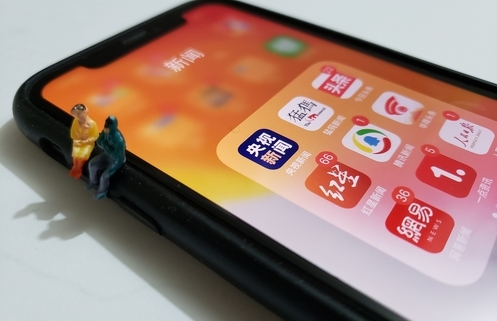Security workers called in to protect mobile vaccine units – The Durango Herald
GOLDEN – Security workers will accompany nurses and staff members of Jefferson County Public Health’s three mobile vaccine units for the foreseeable future after months of harassment and abuse.
Last weekend, the agency was forced to pull vans off the street after a driver in Gilpin County, who contracts Jefferson County’s health agency, drove toward and destroyed signs around the van. Others “verbally abused” staff members Sept. 4, said Dr. Dawn Comstock, the agency’s executive director.
These types of attacks have been going on for months, she said, but they’ve escalated to a higher degree. For example, last month someone threw live fireworks into a tent of nurses and staff members, the Gazette reported.
Despite the ongoing barrage of attacks and harassment, the county was still set to hold its COVID-19 vaccine events.
“JCPH will not be intimidated out of its public health mission,” Comstock said. “We’ve arranged additional security measures to keep staff safe and will be working with our law enforcement partners to assure these handful of extremists are not allowed to infringe on the rights of those who want to be vaccinated.”
Each incident has been reported to law enforcement, however, each time the perpetrator has left the scene before they arrived.
Two incidents are being investigated by the Jefferson County Sheriff’s Office and at least one by the Arvada Police Department, said Mike Taplin, a spokesperson for the Sheriff’s Office.
The health department has partnered with the Jefferson County Sheriff’s Office and other local law enforcement agencies who will evaluate whether security, a deputy – on or off-duty – or other local officers, are needed.
Comstock said she also contacted the Colorado Department of Public Health and Environment to ask for them to provide security or funding for security to be used at each mobile vaccine unit, but was told they’re working with state law enforcement to combat the issue around the state.
“They let us know this isn’t…






